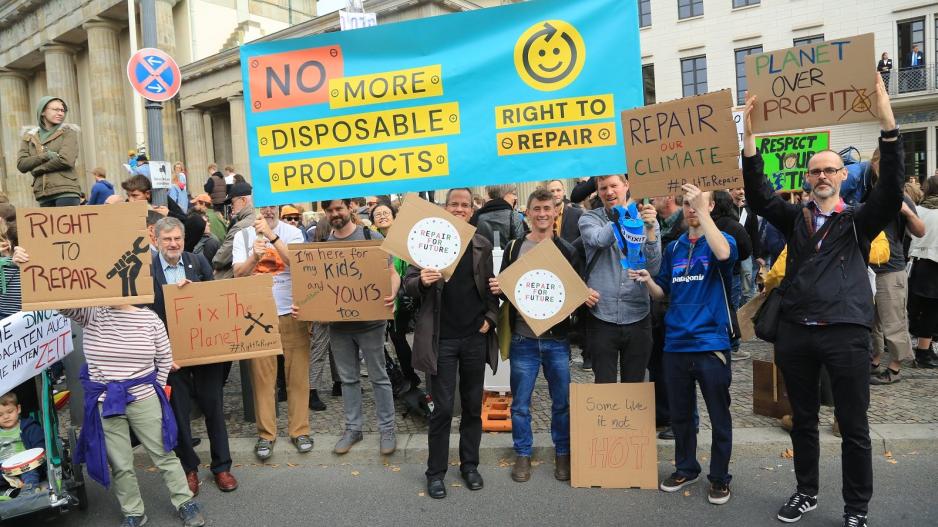EU Adopts New "Right to Repair" Law for Electronics
An Important Legislation for Household Appliance Repairs, Including Mobile Phones
The European Union passed a law that grants consumers the right to repair for various household appliances, including mobile phones. This law also obligates EU member states to develop strategies to enhance repair rates.
Originally proposed by the European Commission in 2023, this law empowers consumers to repair their devices even after their warranties have lapsed. While still requiring formal approval by the Parliament and EU member states, this step is typically a procedural one.
A key focus for the EU, this right to repair initiative forms part of a larger series of actions. Lawmakers, working in confidentiality, aim to win over the European populace by demonstrating direct consumer benefits. Consequently, the Parliament prioritized the passage of this law.
According to the European Commission, the directive is projected to cut down about 18 million tonnes of CO2 emissions over 15 years and save consumers around €176 billion.
The legislation mandates manufacturers to provide repair services for everyday items like washing machines, vacuum cleaners, and smartphones. The scope of products covered could expand under the Ecodesign regulation.
The inclusion of smartphones in this directive challenges practices by major manufacturers such as Apple, known for restricting repairs through software-part linkage, limiting independent shops' ability to fix these devices.
In some EU countries, like Germany, repaired products currently enjoy a two-year warranty extension. This new agreement adds an extra year to this extension.
Additional provisions are designed to simplify consumer experiences. These include obligations for sellers to inform customers about their repair rights and options for temporary replacements or refurbished devices during repair periods. The directive also requires making estimated repair costs easily accessible online.
While consumers retain the choice between repairs and new purchases, the law includes a safeguard principle insisted upon by EU countries. The European Parliament's initial push for mandatory repairs in certain cases was eventually dropped from the final version.

A point of debate with the Council was the 'concept of significant inconvenience.' However, the agreement retains the option for consumers to borrow a device during repairs, a feature backed by the Parliament.
Moreover, the Parliament advocated for reasonable repair pricing, and in November, members proposed a rule to ensure fair price levels.
The legislation also includes a one-year extension of the legal guarantee for repaired items, a stipulation that was maintained in the final agreement.
As per the agreement, EU countries are required to introduce at least one incentive for consumers to opt for repair services. These incentives could be repair vouchers, funding programs, or VAT reductions.
EU member states have a 24-month period to incorporate the directive into their national laws following its adoption by the Council and Parliament and its publication in the EU Official Journal.






